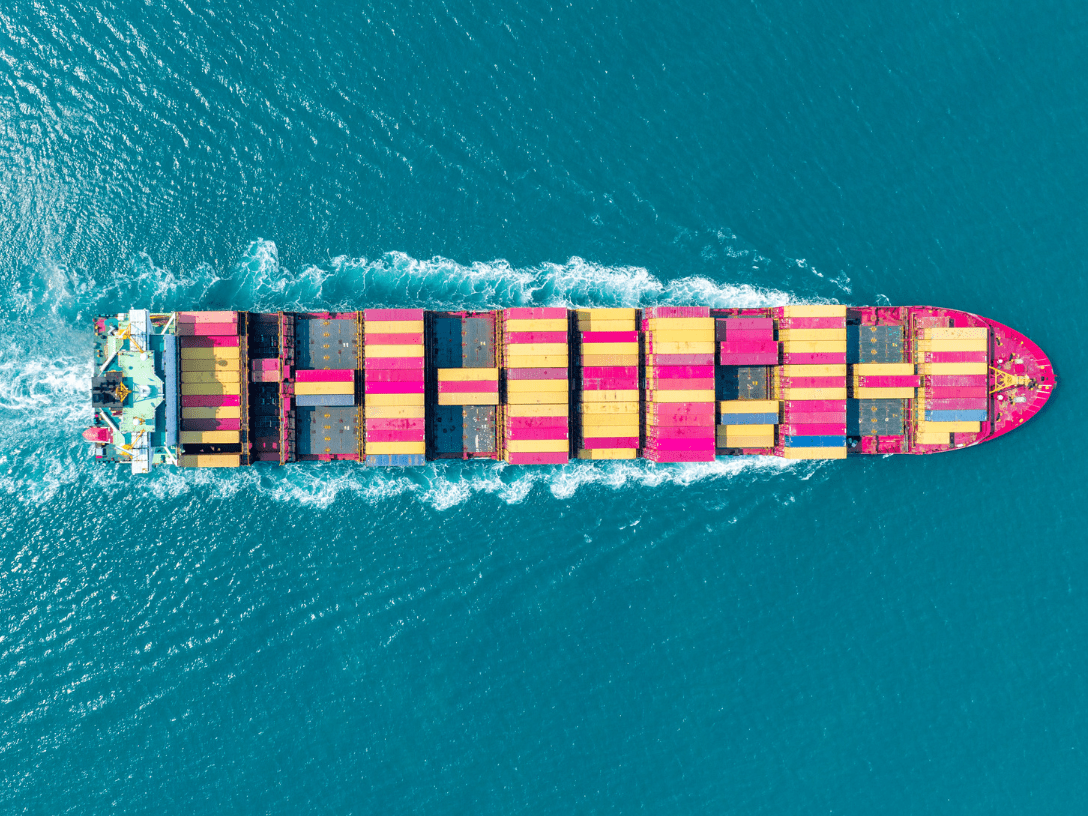The start of 2020 and a new decade is a great opportunity for procurement professionals to think about their achievements over the last 10 years – as well as what opportunities the next 10 may hold. The previous decade saw some significant developments in supply chain management, like big data, automation, digitalisation, blockchain and green procurement. If the new one follows suit, we are likely to see some big changes to the ways buyers and suppliers work together.
How can you and your team ensure your business is best placed to grow and thrive going forward? Here are a few areas that we think will have a big influence on supply chain management in the 2020s.
Environmental sustainability
Sustainable supply chains will continue to grow in importance, not just in terms of helping societies and ecosystems but also through bringing other financial benefits to companies.
2020 is forecast to be the hottest year since records began and signs of strains and stresses on our natural habitat are becoming more frequent and more alarming. Alice Springs in Australia is an example of the effect that rising temperatures can have on communities, with residents saying the town is now simply too hot for humans to live in safely. The issue of climate change and sustainability shot to prominence in the 2010s, but is only going to become more of a priority for consumers, businesses and governments alike over the next decade.
Adding to the sense of urgency is the approaching 2030 deadline for achieving the UN Sustainable Development goals. Currently, the goal 13 target of a 45% drop in global net emissions by the end of this decade seems like a big challenge. In acknowledgement of this fact, the UN has declared 2020 a “make or break year” for the environment. The recent COP25 summit in Madrid saw 177 countries pledging to further cut their emissions. Ahead of the conference retail giant IKEA pledged to invest €200 million to make its entire value chain more sustainable. CEO Torbjörn Lööf commented:
“This investment will speed up the transition to using renewable energy across our supply chain and remove carbon from the atmosphere through reforestation and better forest management practices.”
IKEA’s actions should be applauded because sustainable supply chains are an essential part of achieving this goal. Companies need to start measuring their carbon emissions and developing plans for reducing wastage and their environmental impact. Currently, supply chain emissions are responsible for around 80% of corporate emissions, according to McKinsey. There is a growing number of resources for companies though, such as the Sustainability Accounting Standards (SASB), CDP and the Global Reporting Initiative all creating standards and metrics for companies.
“Companies and investors around the world now have codified, market-based standards for measuring, managing, and reporting on the sustainability factors that really drive value and affect operational performance,” said SASB Chair Jeffrey Hales.
Making big changes now can both help tackle the issue and create higher profits down the line. We have seen some amazing results through our sustainability audits – often companies are unaware of exactly how inefficient their operations are.
Ethical business
Companies and their supply chains have never been under more scrutiny, and this is unlikely to change anytime soon. Retail giant Tesco drew criticism in December 2019 when one of its Christmas card suppliers was linked to unethical business practices in China. Even though it was not Tesco who were directly implicated in the allegations, the majority of headlines reporting the story mentioned the company by name.
The same month saw a legal challenge launched against globally recognised tech brands Apple, Dell, Microsoft and Tesla by International Rights Advocates over accusations they “knowingly” benefitted from child labour in cobalt supply chains. It is clear that companies that fail to operate legal and ethical supply chains, whether intentionally or not, will continue to suffer reputational damage and legal consequences.
Global organisations are expected to always act safely and responsibly, and increasingly buyers are held accountable for the actions of the companies in their supply chains. Claiming ignorance or a lack of oversight of the actions in any tier in the supply chain is simply not an option anymore. Supply chain mapping and services like our Labour Practices Audits help companies build legal and ethical supply chains.
Cybersecurity
The coming decade will likely see more supply chain digitalisation, helping businesses to increase operational speed, efficiency and collaboration across both internal processes and throughout their supply chains. But without the right safeguards in place, companies can be open to an increased risk of cyber-attacks and data breaches. For example, threat intelligence company Orpheus recently published research showing that attacks on third party databases had resulted in 88% of UK National Health Service suppliers having their email and password information leaked.
Companies are making use of more internet-connected devices, which can actually result in them being more vulnerable. Often these disparate devices use different software and may not all connect together in an integrated way. Supply chain digitalisation also means that more data is being shared between buyers and suppliers, with the latter often having varying levels of digital capabilities and knowledge. Vulnerabilities in any part of a supply chain can potentially provide access to a buyer’s network. Protecting yourself not only comes down to system integrity and sound data management but also governance and having the right policies and protections in place.
New year, new opportunities
We think that Alex Saric, chief marketing officer at Ivalua, did a good job of summing up the opportunities of the next decade:
“Procurement has progressed in leaps and bounds over the last few years, going from being a price slasher to a department that adds strategic value through risk management, supplier collaboration and building relationships that benefit both parties in the long run.”
Our new year’s resolution is to continue to improve the ways we help companies across the world manage risk and optimise performance. From health and safety to sustainability, we are committed to providing the services and tools procurement professionals need to take their supply chain management up a gear in 2020.

